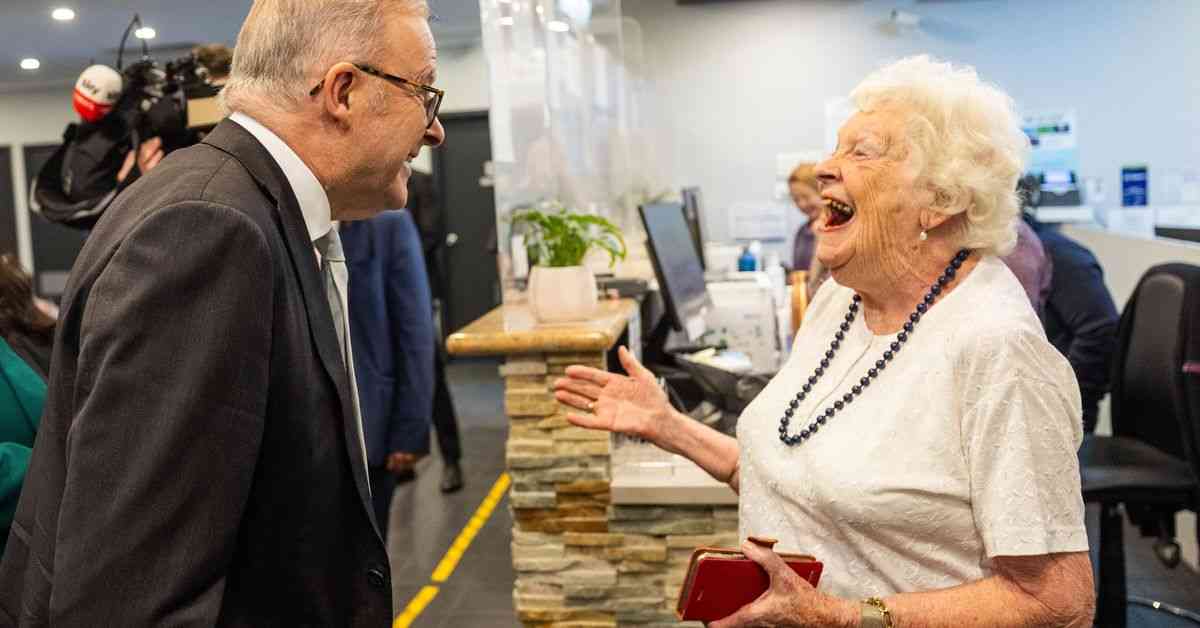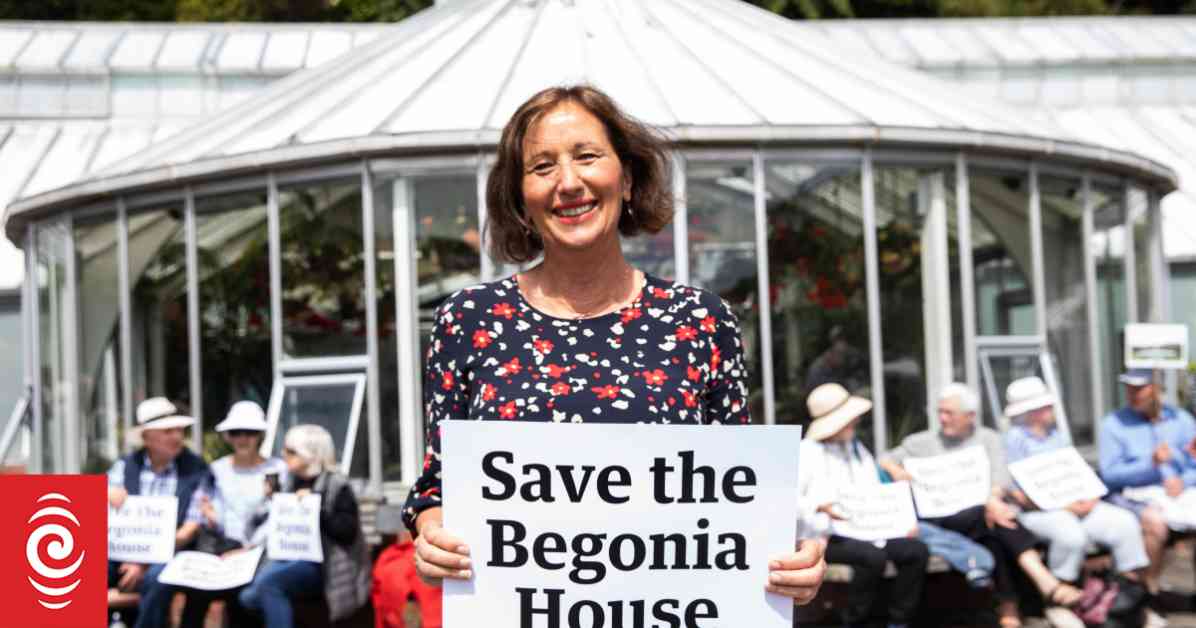Doctors across the country are grappling with the challenges of meeting Medicare bulk-billing targets as the cost of care continues to outpace government rebates. This pressing issue has prompted both major political parties to take action, vowing to boost reimbursements for medical services in the upcoming election.
In a recent visit to Burwood Healthcare, Prime Minister Anthony Albanese shared a light-hearted moment with 96-year-old Eve Cazalet, emphasizing the importance of quality healthcare and access to free doctor visits. Albanese has set an ambitious goal of achieving a 90% bulk-billing rate by 2030 if he emerges victorious in the election, aiming to bridge the current gap of 77.5%.
The disparity between Medicare rebates and patient payments has been particularly pronounced in states like New South Wales, Victoria, and Western Australia, where the average out-of-pocket cost for a standard GP visit hovers around $43. This trend is mirrored in Queensland, Tasmania, and the Australian Capital Territory, where consultations can cost upwards of $50, far exceeding the current $26.70 extra offered to doctors for bulk-billing.
According to Dr. Michael Wright, president of the Royal Australian College of General Practitioners (RACGP), the existing rebate structure falls short of covering the true cost of care in most regions. This sentiment has been echoed by Opposition Leader Peter Dutton, who has pledged additional funding to support mental health services, acknowledging the skepticism among healthcare providers regarding the feasibility of meeting bulk-billing targets.
Dutton’s commitment to bolstering general practice networks aligns with the broader goal of reducing unnecessary emergency department visits, underscoring the critical role of accessible primary care in the healthcare system. As the political landscape heats up ahead of the election, both parties are vying for public support by positioning themselves as champions of affordable and comprehensive healthcare.
The looming question of how the government plans to finance these proposed changes has generated speculation and anticipation. Health Minister Mark Butler’s allusion to a forthcoming budget update hints at a potential delay in the full budget release, signaling the onset of an official election campaign in the near future. The fate of Medicare hangs in the balance as policymakers grapple with the complex interplay between funding, accessibility, and quality of care in the Australian healthcare system.
Expert Insights on Medicare Challenges
Amidst the political posturing and promises, healthcare professionals are sounding the alarm on the practical realities of achieving Medicare bulk-billing targets. Dr. Sarah Thompson, a general practitioner in Sydney, emphasizes the importance of adequate remuneration for medical services to ensure sustainability and quality of care. “As doctors, we are committed to serving our patients to the best of our abilities, but we also need to cover our costs and maintain viable practices,” says Dr. Thompson.
Dr. Jonathan Lee, a healthcare economist at the University of Melbourne, sheds light on the broader economic implications of the Medicare funding dilemma. “The current rebate structure is not keeping pace with rising healthcare costs and patient expectations, leading to financial strain on both providers and consumers,” explains Dr. Lee. “Without a comprehensive overhaul of the reimbursement system, we risk further exacerbating disparities in access to essential healthcare services.”
Community Perspectives on Healthcare Affordability
For many Australians, the rising out-of-pocket expenses for medical consultations have become a significant burden, impacting their ability to seek timely care and manage chronic conditions. Jane Anderson, a retiree from Brisbane, shares her struggles with navigating the healthcare system on a fixed income. “I used to visit my GP regularly for preventive care, but now I have to think twice before scheduling an appointment due to the cost,” laments Anderson. “It’s disheartening to see healthcare become increasingly unaffordable for everyday Australians.”
In contrast, John Smith, a small business owner in Adelaide, highlights the importance of investing in primary care to alleviate pressure on the broader healthcare system. “I’ve seen firsthand how proactive management of health issues through regular GP visits can prevent costly hospitalizations and interventions,” says Smith. “We need policies that support doctors in delivering high-quality, accessible care without financial barriers.”
As the debate over Medicare funding intensifies, the voices of patients and providers alike underscore the urgent need for sustainable solutions that prioritize affordability, equity, and excellence in healthcare delivery. The upcoming election presents a critical opportunity to address these pressing issues and shape the future of Australia’s healthcare landscape for generations to come.












